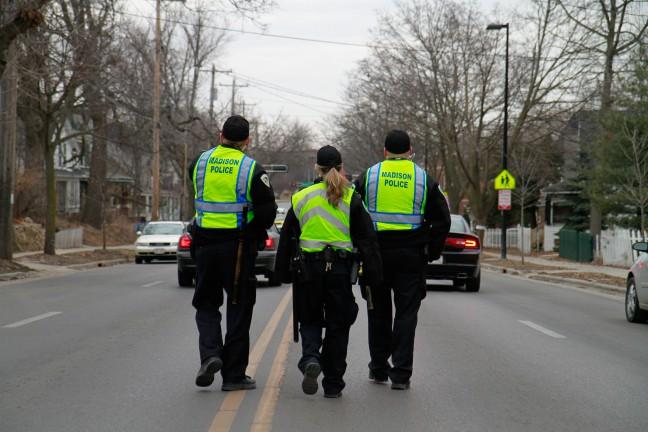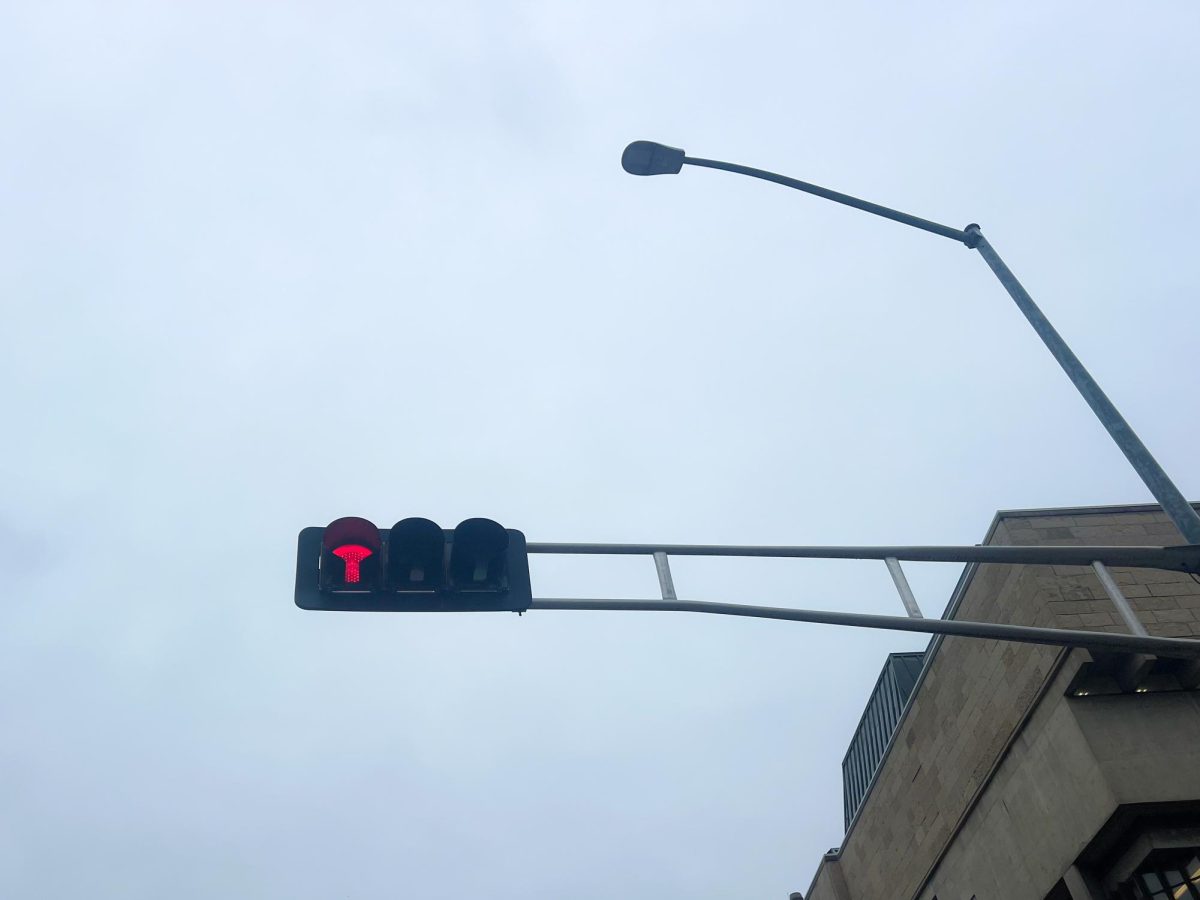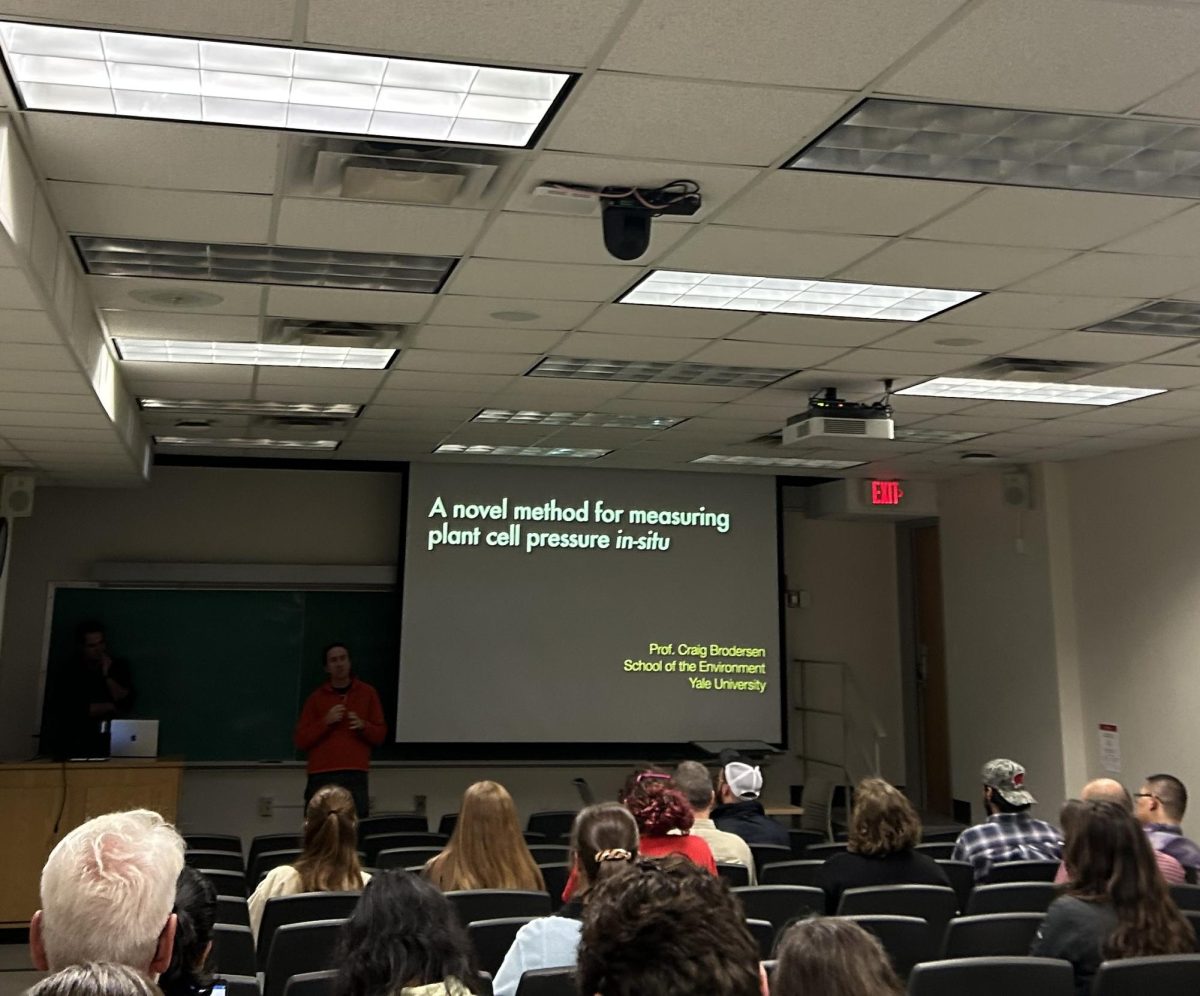The city of Madison’s Community Alternative Response for Emergency Services program released its end-of-year report after completing its first year as a program.
Launched in September 2021, the CARES program is a mobile response group for behavioral health emergencies. Each CARES response team consists of one community paramedic and one crisis worker who are trained to respond to non-violent crises including suicidal thoughts, anxiety, depression, agitation and others.
The program is a collaboration between the Madison Fire Department, Journey Mental Health Center and Public Health Madison & Dane County.
When people call 911 for behavioral health emergencies, dispatchers may choose to send a CARES team as an alternative to the police, according to the report.
“CARES has been an excellent supplement to our mental health response and we are excited to see the program grow,” Madison Police Department Public Information Officer Stephanie Fryer said in an email statement to The Badger Herald.
CARES responded to a total of 935 calls for service with each response averaging about an hour, according to the report. The teams responded to 57% of the estimated number of mental health calls and 9% of daily average welfare check calls.
Only 3% of CARES patients were transferred to the police, according to the report.
“CARES calls are transferred to us if things are or could be violent,” Fryer said. “It’s also important to note that CARES would never be routed to one of these types of calls. They still remain under our response.”
Mayor Satya Rhodes-Conway to run for reelection, Gloria Reyes to oppose her
CARES served people from a wide variety of backgrounds, according to the report. Of the callers CARES responded to, 69% identified as white, 16% as Black, 3% as Hispanic or Latino, 2% as two or more races and 2% as Asian. Fifty-three percent of callers were female and 47% were male.
Though CARES has been supplemental to the MPD, there are still instances where the police respond to calls that involve some degree of a mental health component, Fryer said.
“Right now, all MPD officers receive more than the state-required mental health training — 40 hours of crisis intervention,” Fryer said. “We know how important it is for our officers to receive this training. We also have six designated mental health officers and then 40 mental health liaison officers who support them.”













